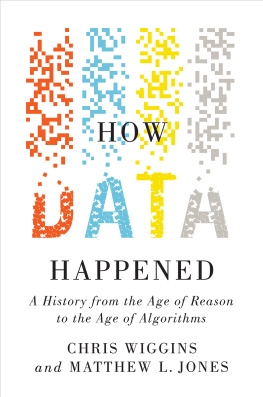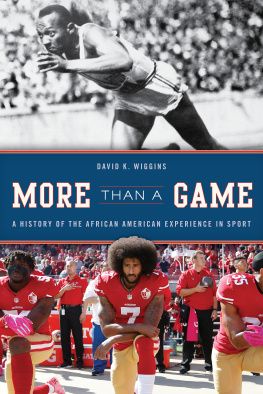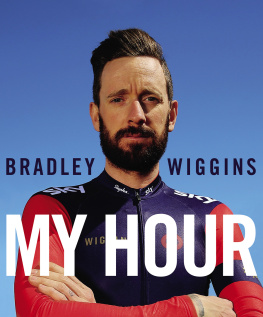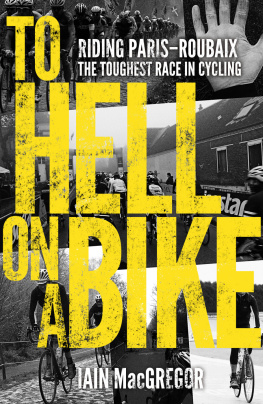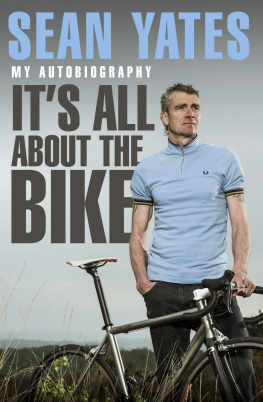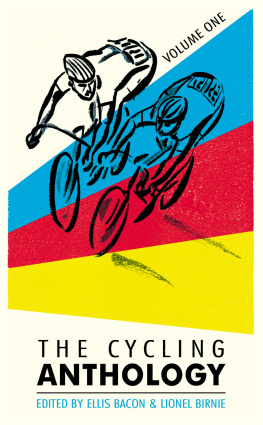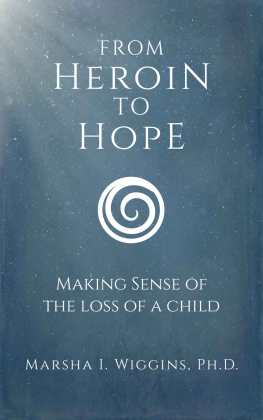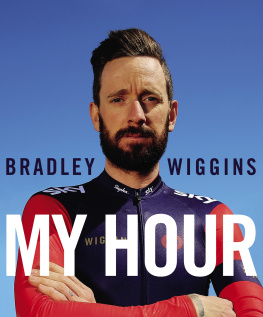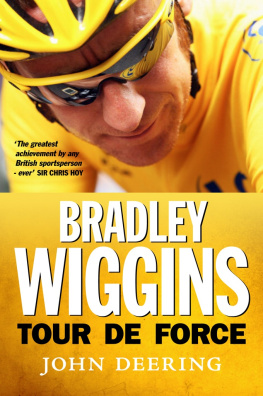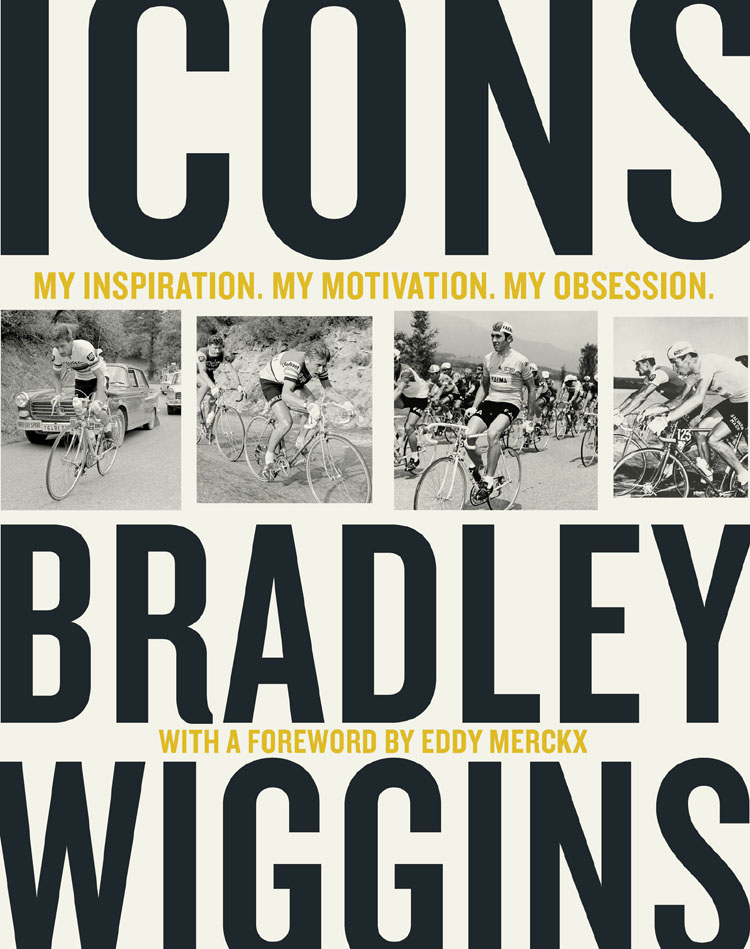
Australia
HarperCollins Publishers (Australia) Pty. Ltd.
Level 13, 201 Elizabeth Street
Sydney, NSW 2000, Australia
http://www.harpercollins.com.au
Canada
HarperCollins Canada
Bay Adelaide Centre, East Tower
22 Adelaide Street West, 41st Floor
Toronto, ON, M5H 4E3, Canada
http://www.harpercollins.ca
India
HarperCollins India
A 75, Sector 57
Noida, Uttar Pradesh 201 301, India
http://www.harpercollins.co.in
New Zealand
HarperCollins Publishers (New Zealand) Limited
P.O. Box 1
Auckland, New Zealand
http://www.harpercollins.co.nz
United Kingdom
HarperCollins Publishers Ltd.
1 London Bridge Street
London SE1 9GF
http://www.harpercollins.co.uk
United States
HarperCollins Publishers Inc.
195 Broadway
New York, NY 10007
http://www.harpercollins.com
I think its fair to say that 2018 hasnt exactly been my favourite year on record, but writing this book has been hugely motivating and a welcome distraction. I have been given the opportunity to reflect on and remember all those cyclists whove genuinely inspired me over the years. Its a bit of a clich, but I have no doubt that these men not only helped shape me as a rider, but also as an individual.
I think one of the best things about putting the book together and immersing myself in my collection is that it has reminded me why I fell in love with this sport in the first place. I am no spring chicken these days, but cycling can still make me feel like that giddy young boy watching Johan Museeuw winning the Tour of Flanders in 1993 in his beautiful tricolour jersey.
That said, having to select only 21 riders has been a hell of a job. I would have loved to have written about Matt Illingworth, Colin Sturgess, and Malcolm Eliott but sadly, you have to draw the line somewhere. At the very least, I wanted to mention a few more here:
The great Freddy Maertens two-time champion at the Worlds had a turbulent but often astonishing career. He pushed Eddy all the way and it made him a better rider for it. His comeback in 1981, after years in the wilderness, should be recognised as one of the most iconic redemptions in the history of the sport. Ive referenced him before in this book and it goes without saying, the pirate Marco Pantani was a similarly combustible and utterly amazing rider. He was an outrageous climbing machine, but it was his innate charisma that gave him genuinely iconic status amongst his fan base. Last but certainly not least, Philippa York is one of the UKs most important riders of all time the first Brit to win a major Tour classification and someone who massively raised the bar for British cycling.
I guess I might also get a bit of a shoeing for not including any current riders in my line up. So I have to say that its been an absolute pleasure to witness the rise and rise of Peter Sagan. Characters like him are exactly what this sport needs and such a potent mixture of personality and ability keeps cycling relevant and enjoyable. And I obviously cant write this afterword without mentioning G! What a fantastically dominant performance and I am incredibly proud of him, knowing just how much hard work was put into that. I am banging on but I must add that I have complete faith that the sport is in great hands. These guys will undoubtedly inspire others in the same way that the 21 icons in this book inspired me.
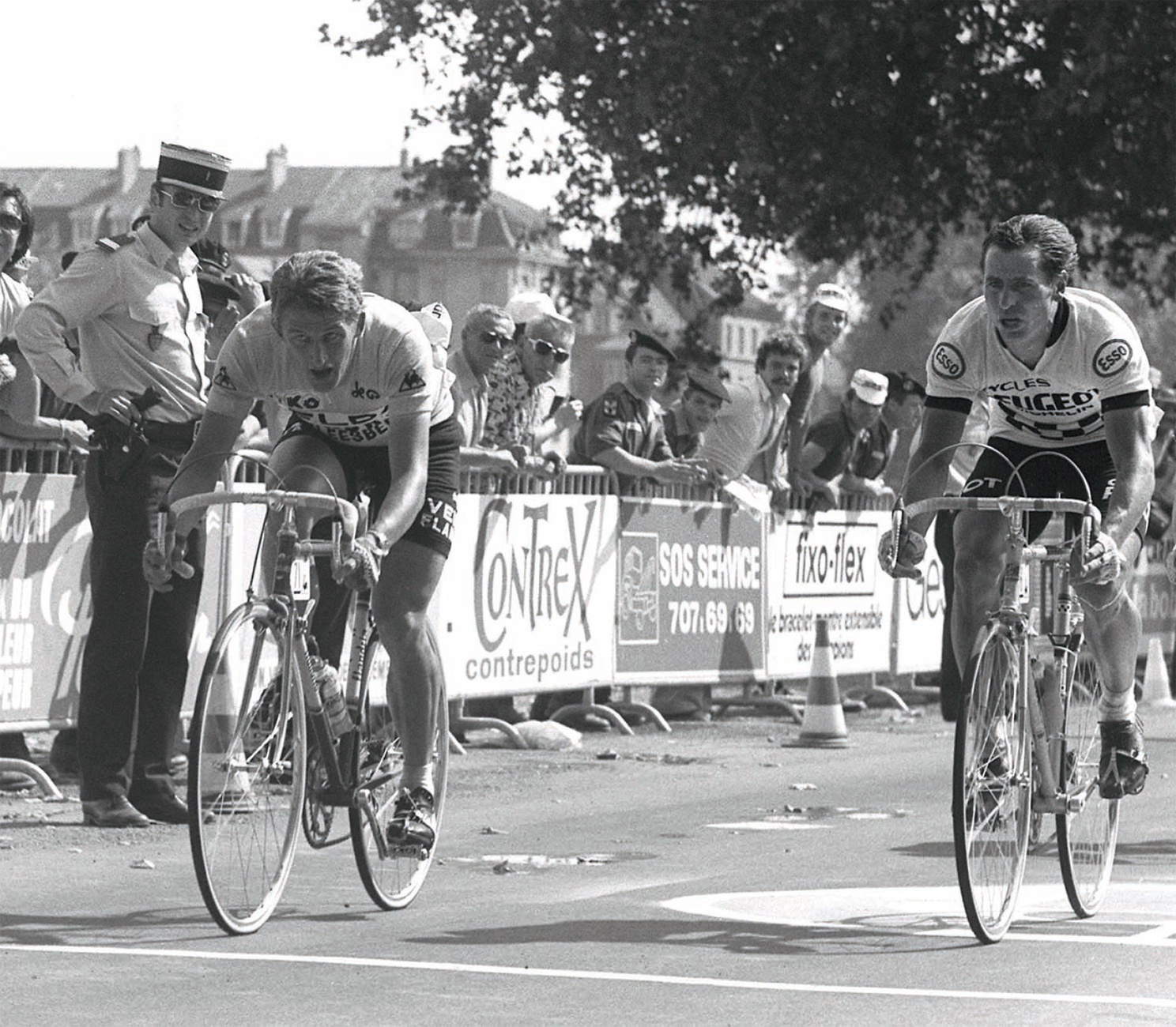
Freddy Maertens
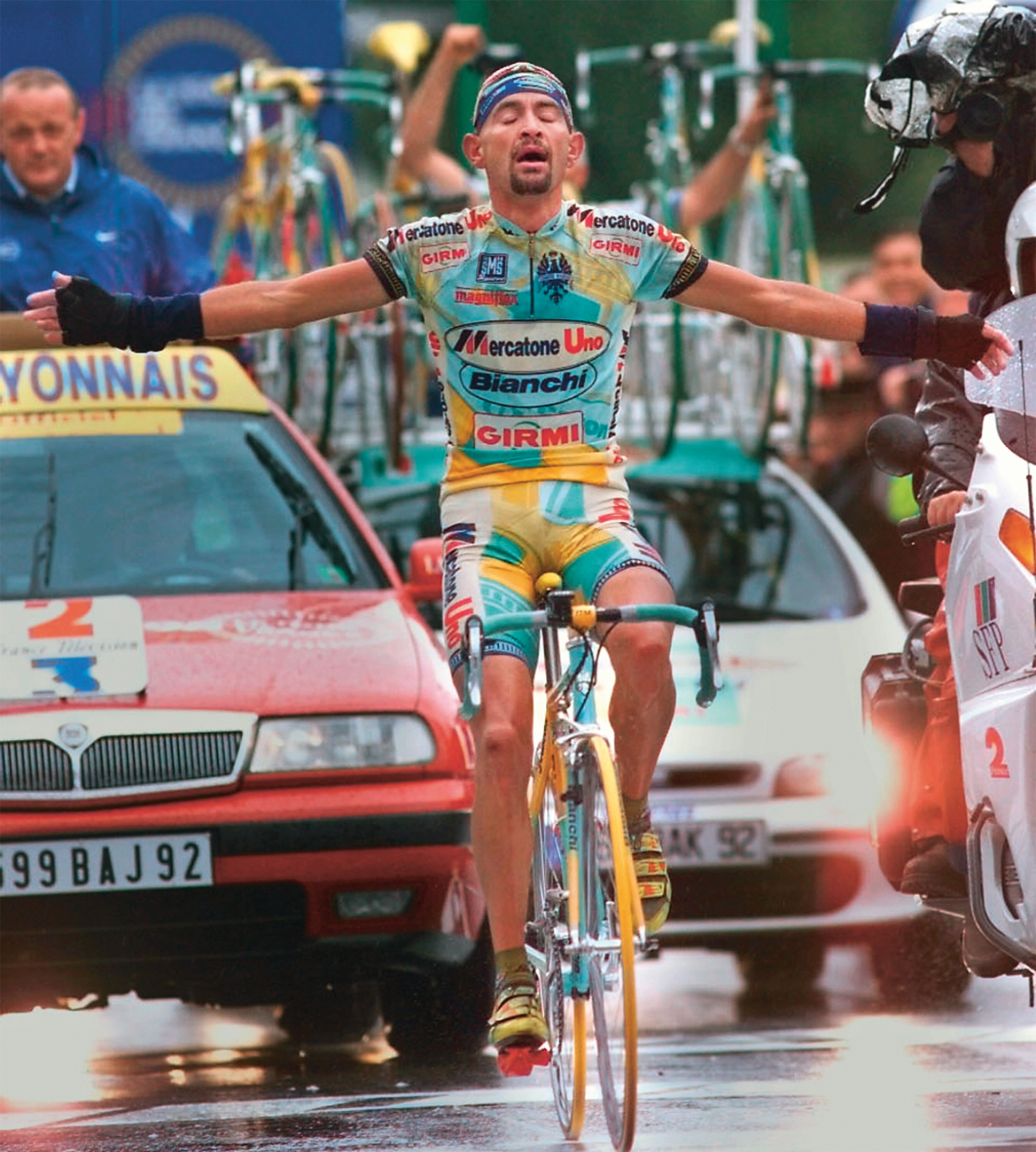
Marco Pantani
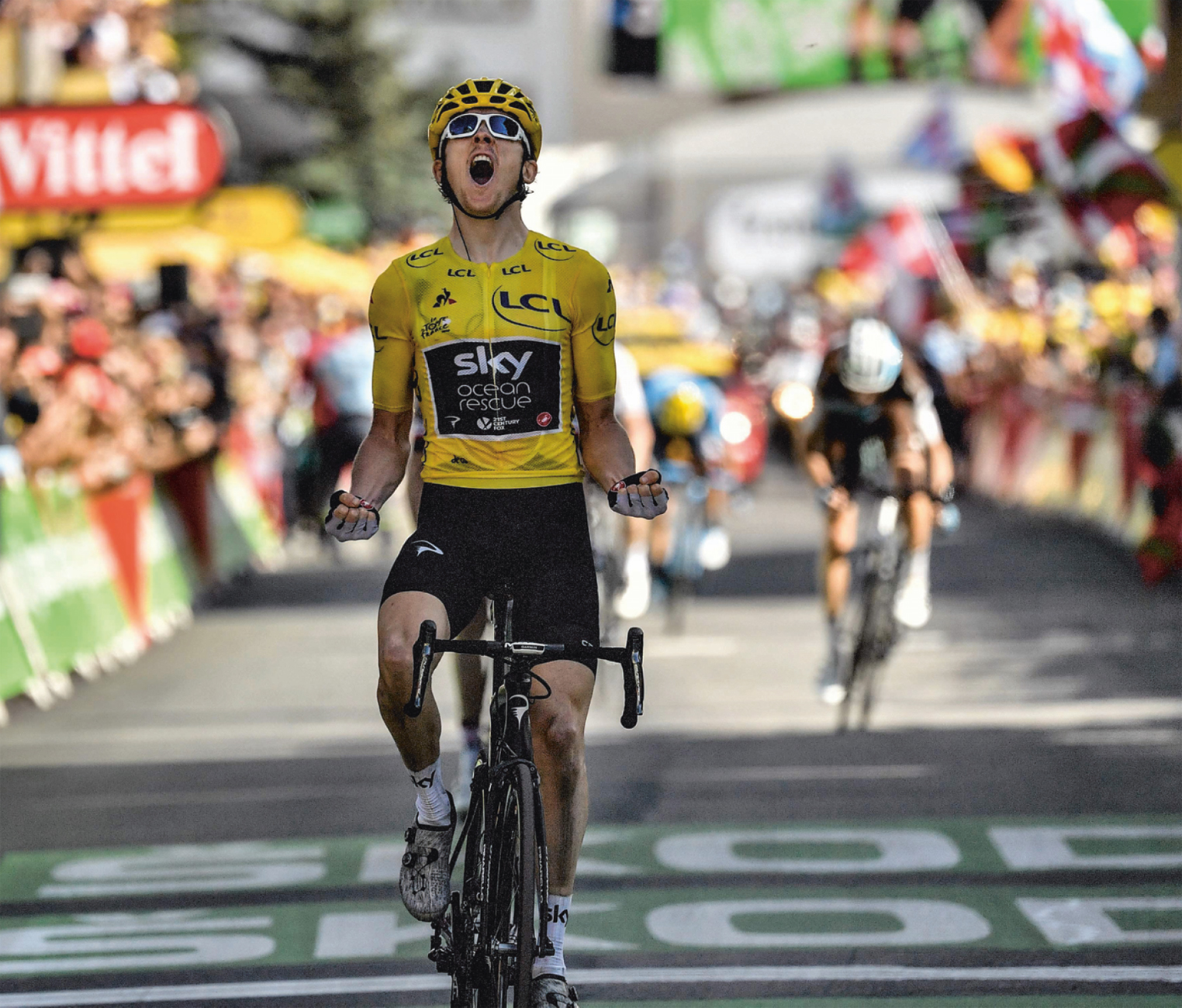
Geraint Thomas
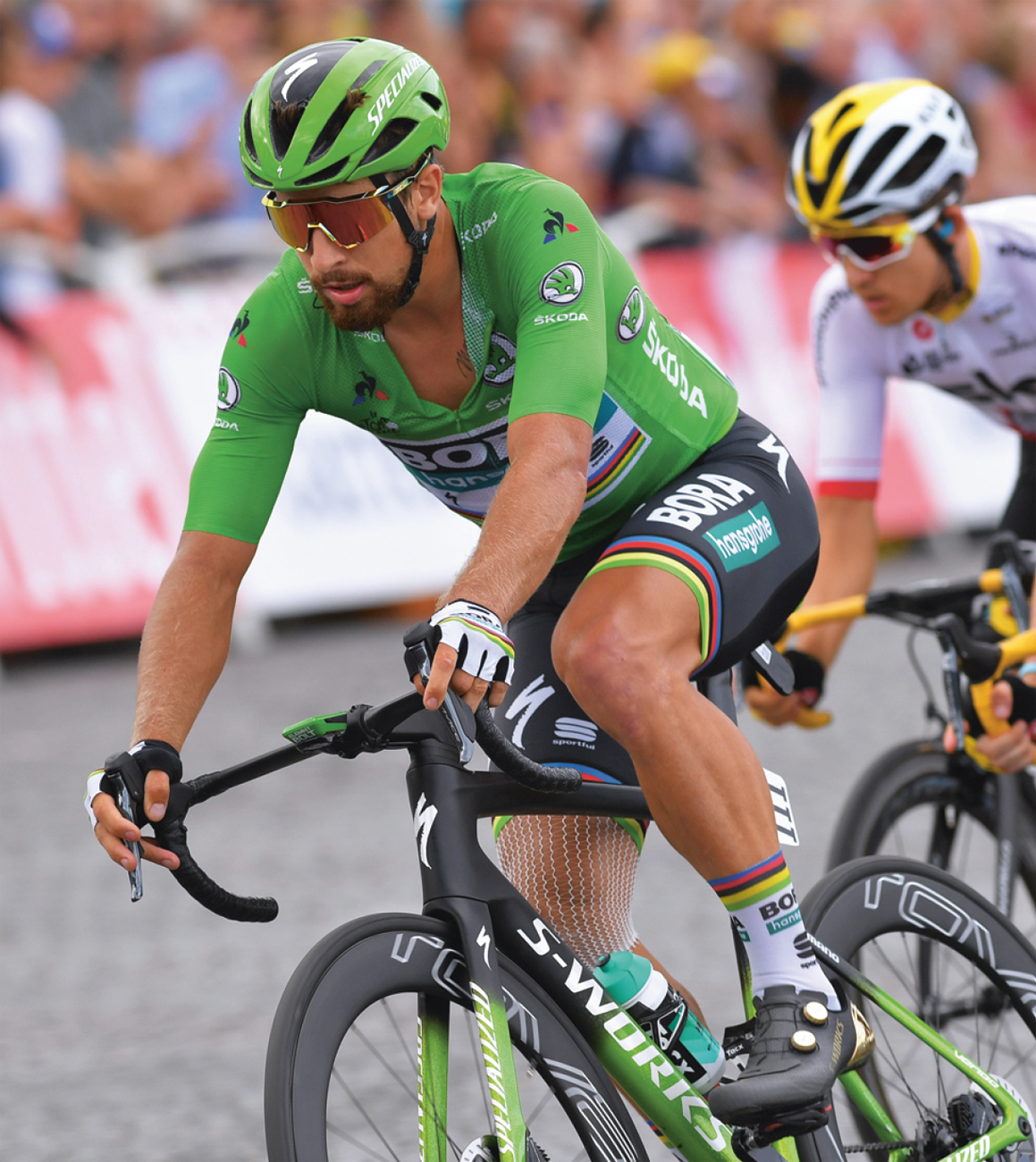
Peter Sagan
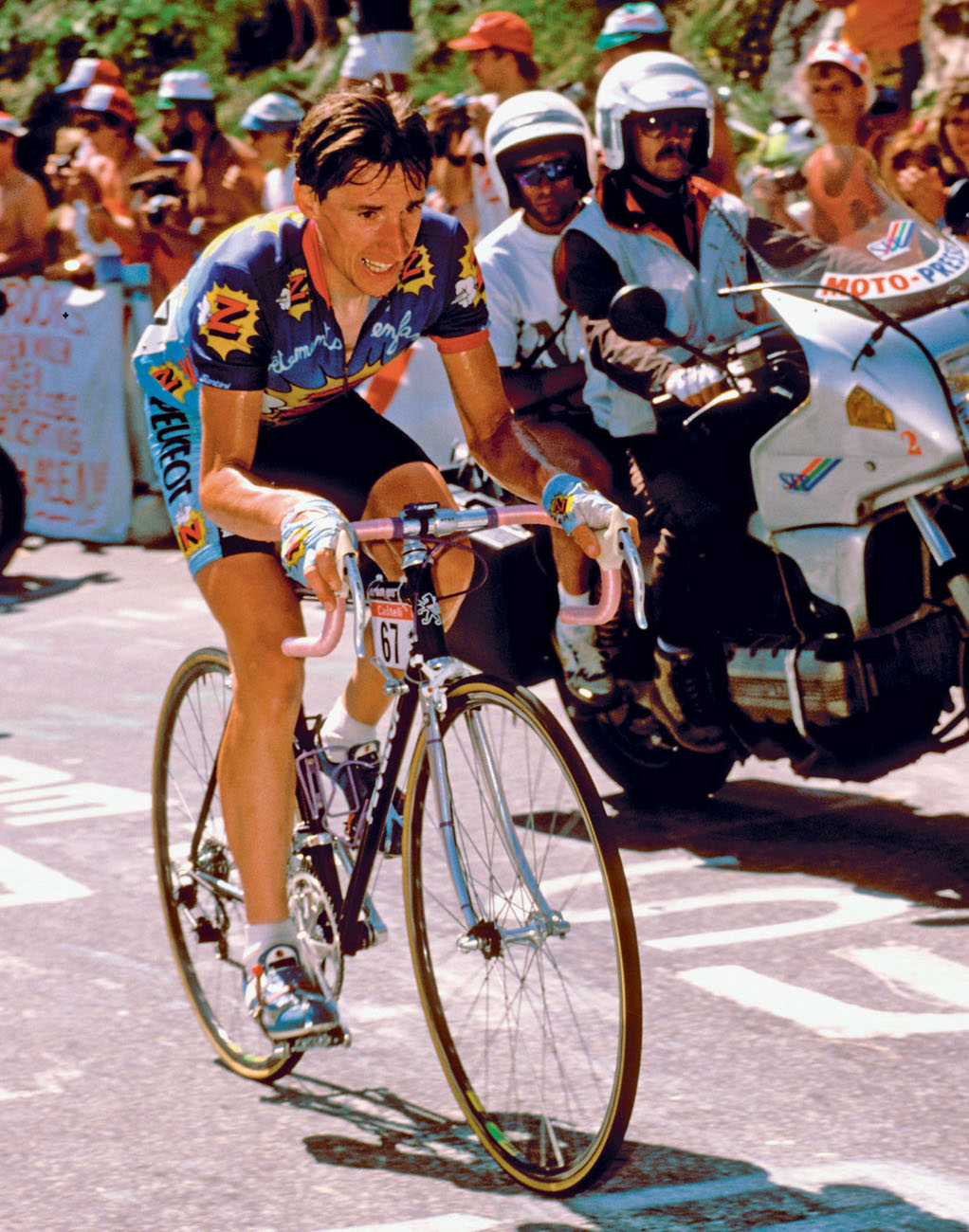
Robert Millar, now Philippa York
What else is there to say? Cycling is incredibly demanding, both physically and mentally, and as a professional sport it attracts a certain kind of individual. I hope Ive managed to capture something of this mindset in the book the unique psychology, character trait or obsession that allows or even propels someone to succeed. I feel privileged to be a member of this group of nutters; we are not what you might call normal people, but normal certainly doesnt win you a Tour!
The final and perhaps most important point of this book is to say that while cycling is clearly an exhilarating and physical sport to watch or compete in, its just so vital for us all to appreciate its history and culture. I have nothing against the celebration of modern tactics and the incredible leaps in data analytics, but I am a romantic and dont want to see the pursuit of precision come at the expense of cyclings soul. Cycling is not simply a sport but an art: this is what makes it exceptional.
Anyway, to sign off I will paraphrase the great Maya Angelou: you can forget what they said, you can forget what they did, but you cant forget how they made you feel. This has been a blast and I have no regrets. I fulfilled my dream, riding in the slipstream of the greats.
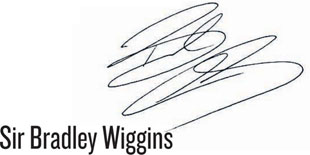
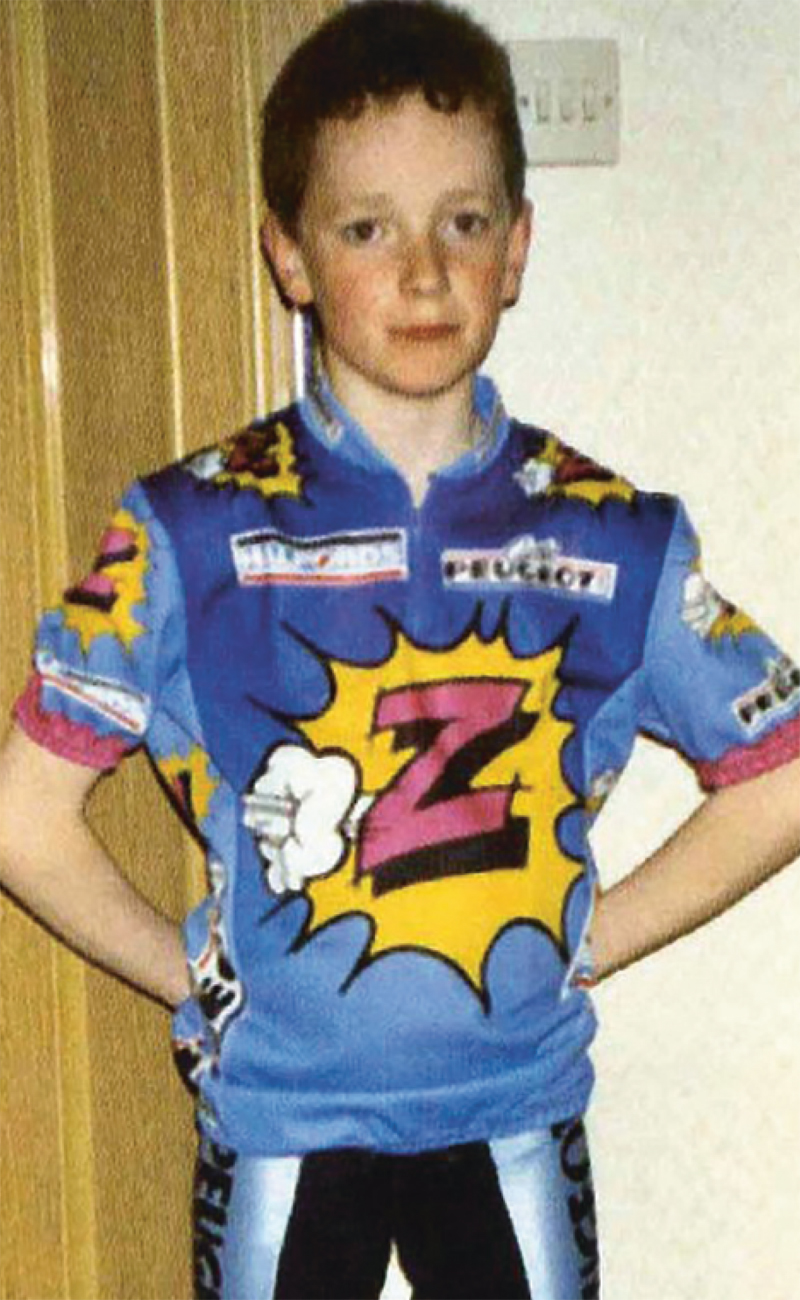
One of my first real cycling memories is the final-day time trial of the 1989 Tour de France. I was nine, we were round at my nans house and my grandad was watching the race as usual. I wasnt much interested in Laurent Fignon and Greg LeMond in truth I barely knew who they were but I very well remember being struck by the visual elements. Fignons ponytail, his yellow jersey and disc wheels, LeMonds fluorescent kit, strange handlebars and that futuristic helmet he had I didnt understand the magnitude of what I was witnessing, but aesthetically it was spectacular.
Like most inner-city London kids, however, I was a football fan. The sportsmen I identified with had names like Adams, Merson and Thomas, not Chioccioli, Delgado and Van Hooydonck. The Arsenal players used to drink in the local pub after the game, and most of them were Londoners. Tottenham had Gary Lineker and Paul Gascoigne in their side at the time, and Lineker lived quite close by in St Johns Wood. Me and my mates saw him walking back from the shop with a pint of milk one day, and followed him to this house in Abbey Gardens. Once we knew where he lived we just knocked on the door and asked his wife if he was in, in pretty much the same way we used to ask one anothers mums. She sent us on our way with an autographed publicity card each, but Ive an idea the whole episode is quite illustrative. Famous sportsmen seemed more accessible, and I dont think there were so many filters between them and normal people back then.Ultimately, though, it didnt matter anyway. By the summer of 1992 Lineker was playing in Japan, and my sporting world paradigm was about to be turned completely on its head.
Next page
